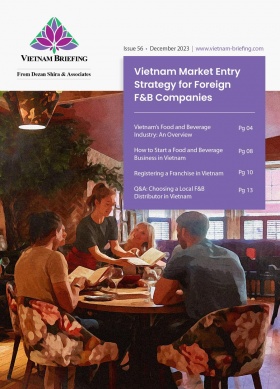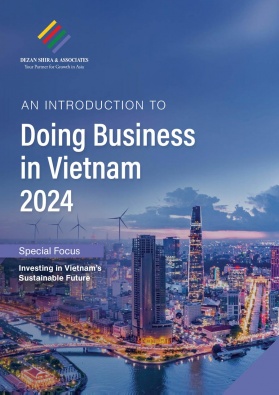The US Commerce Department has postponed its decision on whether to upgrade Vietnam to ‘market economy’ status by a week, now scheduled for August 2, 2024. The decision was originally set to be announced on July 26, 2024.
A memorandum from the US Commerce Department, as reported by Reuters, attributed the delay to “ongoing disruptions to US Department of Commerce IT resources and platforms.” The department explained that the disruptions were caused by a recent software update by cybersecurity firm CrowdStrike, which impacted global computer systems. As a result, deadlines for final determinations in anti-dumping cases, including the one concerning Vietnam, have been extended by six days.
A Commerce Department spokesperson confirmed that the case involving Vietnam’s non-market economy status is among those affected by the delays, emphasizing that the decision will now be announced by August 2.
Also read: Is Vietnam a Market Economy? U.S. Considers Status Upgrade
Per U.S. law, a ‘non-market economy’ is defined as any foreign country that the U.S. Department of Commerce determines does not adhere to market principles regarding cost or prices, leading to the sale of goods within that country failing to reflect their fair value.
Vietnam is among 12 countries with the designation of a non-market economy that are subject to anti-dumping and countervailing duty law.
According to the U.S. Department of Commerce, under section 771(18) of the Tariff Act of 1930, the following countries are currently designated with the NME status – Armenia, Azerbaijan, Belarus, China, Georgia, Kyrgyz Republic, Moldova, Russia, Tajikistan, Turkmenistan, Uzbekistan, and Vietnam.
Why the potential status change matters
Currently classified as a non-market economy due to significant state influence, Vietnam’s bid for market economy status has been supported by recent high-level engagements between the US and Vietnam. In September 2023, during President Joe Biden’s visit, the two nations upgraded their relationship to a comprehensive strategic partnership. President Biden acknowledged Vietnam’s progress in economic reforms and expressed strong support for the country’s transition to a market economy.
The decision to potentially upgrade Vietnam’s status could have significant economic implications. Recognizing Vietnam as a market economy would likely lead to a reduction in anti-dumping duties on Vietnamese exports, providing a boost to the country’s trade. This status change is highly anticipated by stakeholders, and the delay could provide additional time to prepare for the potential economic shift.
The move to grant Vietnam market economy status, however, has faced opposition from several US industries, including steelmakers, Gulf shrimp fishermen, and beekeepers, who argue that it could undermine domestic market players. On the other hand, the proposal has strong backing from US retailers and business groups who view it as a means to lower punitive duties on imports from Vietnam.
The US has also noted Vietnam’s efforts in modernizing its monetary policy, enhancing transparency in exchange rate management, and promoting macro-economic stability. These reforms are seen as aligning with the goals of a market economy and have been praised by international business leaders.
The American Chamber of Commerce in Vietnam (AmCham Vietnam) highlighted the transformation of Vietnam’s economy, noting the active presence of American companies across various sectors. A recent AmCham Vietnam letter to US Secretary of Commerce Gina Raimondo emphasized the role of American investments in integrating Vietnam into the global supply chain, enhancing productivity, and fostering a safer and cleaner business environment.
Major investors, such as South Korean conglomerate Samsung Electronics, also support the recognition of Vietnam’s market-oriented reforms. Various multinational firms argue that acknowledging Vietnam’s economic progress will benefit the US economy by diversifying supply chains and reducing dependency on China.
As the new deadline approaches, all eyes will be on the US Commerce Department’s decision, which holds the potential to reshape trade dynamics between the US and Vietnam.
































